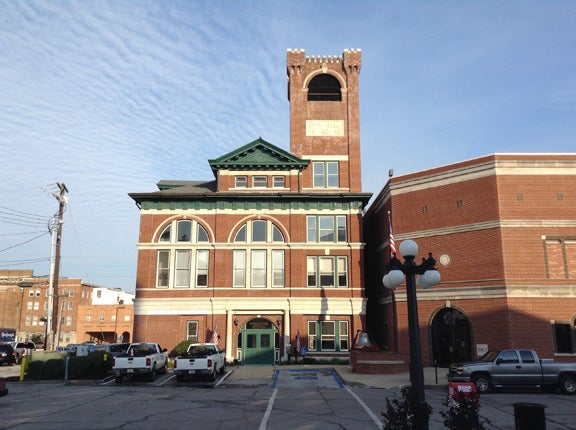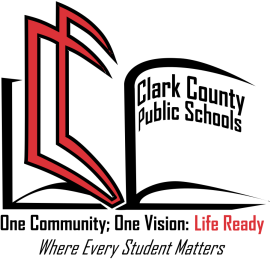Solar ordinance to move ahead in committee after failed public hearing
Published 4:01 pm Thursday, October 8, 2020
|
Getting your Trinity Audio player ready...
|
A new committee will be created to discuss a proposed ordinance for large-scale solar projects in Clark County.
The Winchester Planning Commission voted Tuesday to create a new committee to examine and discuss the situation.
A month ago, a public hearing to discuss the matter was canceled because of alleged open meeting violations by one of the commission members.
Commission Chair Dwain Wheeler said the planning commission often uses committees to make recommendations to the commission on matters.
“They will bring back a recommendation to the planning commission,” Wheeler said. “We want both sides on the table talking in a civil manner.”
Wheeler, who made the motion to create the committee, said he hoped to have five to six residents representing both sides, and hopefully some who are undecided.
Wheeler said he asked the commission members, Winchester Mayor Ed Burtner and Clark County Judge-Executive Chris Pace to make recommendations of potential committee members.
“These will be public meetings,” he said. “We’re talking about a couple of meetings to clarify for both sides and dispel some myths.”
Wheeler said there will be a full public hearing at a later date.
Will Mayer of the Clark Coalition said he was looking forward to more information on the committee.
“We look forward to being involved in the process,” Mayer said. “We’re waiting for more details on the committee.”
The Clark Coalition, he said, was formed this summer around the industrial solar issue, but is focused on sustainable land use policy and the county residents’ ability to determine how the county grows and develops.
The original public hearing was set for Sept. 10 at Central Baptist Church, but was canceled shortly after it began. Planning commission attorney William Dykeman said the violation was concerning communication among the commission members outside of a public forum. The communication included emails and a draft ordinance solicited by commission member Christopher Thacker.
Following the meeting, Thacker said he did not believe it was a violation, as there was no “substantive discussion” but a response to an email.
Brian Thomas, an attorney for the Clark Coalition, also noted there was not an item for public comment on the agenda for the special meeting, which would also have been a violation.
Had the meeting continued and the violation affirmed, the findings would have been determined invalid and thrown out.







